Sustainability in the mainstream
One thing is for sure: the market for sustainable investment has shown a remarkable development over its first couple of decades. No one, including myself, could have anticipated the path it would take when it first appeared at the end of the last millennium.
It was not so long ago that most investors gave social and environmental information a wide berth, with ethically-motivated investors having to go the extra mile to find an asset manager who would take their concerns seriously. I still remember presentations to financial market participants in the late 1990s that produced little more than reactions of pity: sustainability ratings as a business model were beyond the imagination of those present. Today, the topic has become mainstream.
Most assets worldwide are managed with at least some ESG aspects in mind, and sustainability has found its way into the risk models of major asset managers.
A similar development has revealed itself among companies: 25 years ago, ESG transparency and dedicated management structures were still rare – even among large listed companies – and firms with environmental officers were considered decidedly progressive. Today, it is about sustainability in the core business and the question of whether a business model will hold its own in ten or 15 years’ time amid a dynamically changing environment. CFOs are suddenly turning their attention to ESG. That would have been inconceivable just a few years ago.
Sustainable investment – a success story?
With enormous volumes flowing into ESG assets, it is tempting to blithely join the widespread mutual back-patting, common especially on the financial markets, but it is imperative not to become complacent.
What we should do, however, is take a quick look at the original intention of sustainable investment, namely contributing to the environmental (later “sustainable”) transformation of the economy. An idea that is more relevant than ever, for EU regulation has precisely this in mind – to use the financial market’s enormous leverage to systematically and comprehensively redirect financial flows towards more sustainable business models, and get a grip on the far-reaching environmental and social problems that have taken our planet to its limits and beyond.
Let us turn back to the question at hand: is sustainable investment a success story?
The financial market and its steering effect
It is widely acknowledged that an increasing number of sustainability factors has a direct impact on the economic success and future viability of companies: be it climate change-induced droughts, forest fires and floods disrupting supply chains in the food industry, political decisions to combat global warming challenging business fields in the energy and mobility sectors, or the disregard for human rights in many regions of this world resulting in regulations such as the German Act on Corporate Due Diligence in Supply Chains. And the list is endless.
It is only logical that more and more investors are considering precisely these aspects in their investment decisions in order to minimise risks or actively seize opportunities. This realignment of the definition of financial risks has already started to have a certain steering effect in the market, and companies that ignore these risks will find it difficult to raise equity or debt capital at favourable conditions in the medium- to long term. The result is an economy that is forced to act.
No reason for complacency
Despite the speed of developments we are witnessing, I cannot conceal a certain impatience on my part with the actors. Although the leverage of the financial market and the penetration of ESG in investment decisions are great per se, our planet’s life-support systems are persistently evolving in the wrong direction – away from a sustainable development in the literal sense of the word towards a self-reinforcing negative development in universal fields such as climate, biodiversity and drinking water. The financial market leverage has obviously not worked so far, or not sufficiently. What is more: I see the danger that the omnipresence of sustainability in the media creates an illusion of progress and effectiveness that makes us close our eyes to the urgency of the problems.
At the end of the day, we have no other choice than to create a global economy and way of life that makes do with the resources of ONE planet instead of 1.8 planets as is currently the case – a realisation as simple as it is existential. Our success hinges on whether we can achieve a new honesty in the market, instead of the complacent “we-have-everything-under-control” narrative. Beyond that, we need substantially more impact. Investment decisions must directly and measurably lead to markedly greater motivation – or even push – for companies, infrastructure projects, or real estate developers to embrace sustainability.
Even though there will always be constellations in which opportunistic short-term investors and entrepreneurs can make a profit from coal, oil or other unsustainable activities at the expense of the general public, the fact remains: in the face of climate change, hardly anyone could disagree that our actions must consider future generations. And for this, a financial market that takes responsibility is key. A mature and courageous financial market, one that’s willing to change, one that seriously pushes the issue. A financial market that casts aside its hesitance and fear of commitment, and shows its teeth.
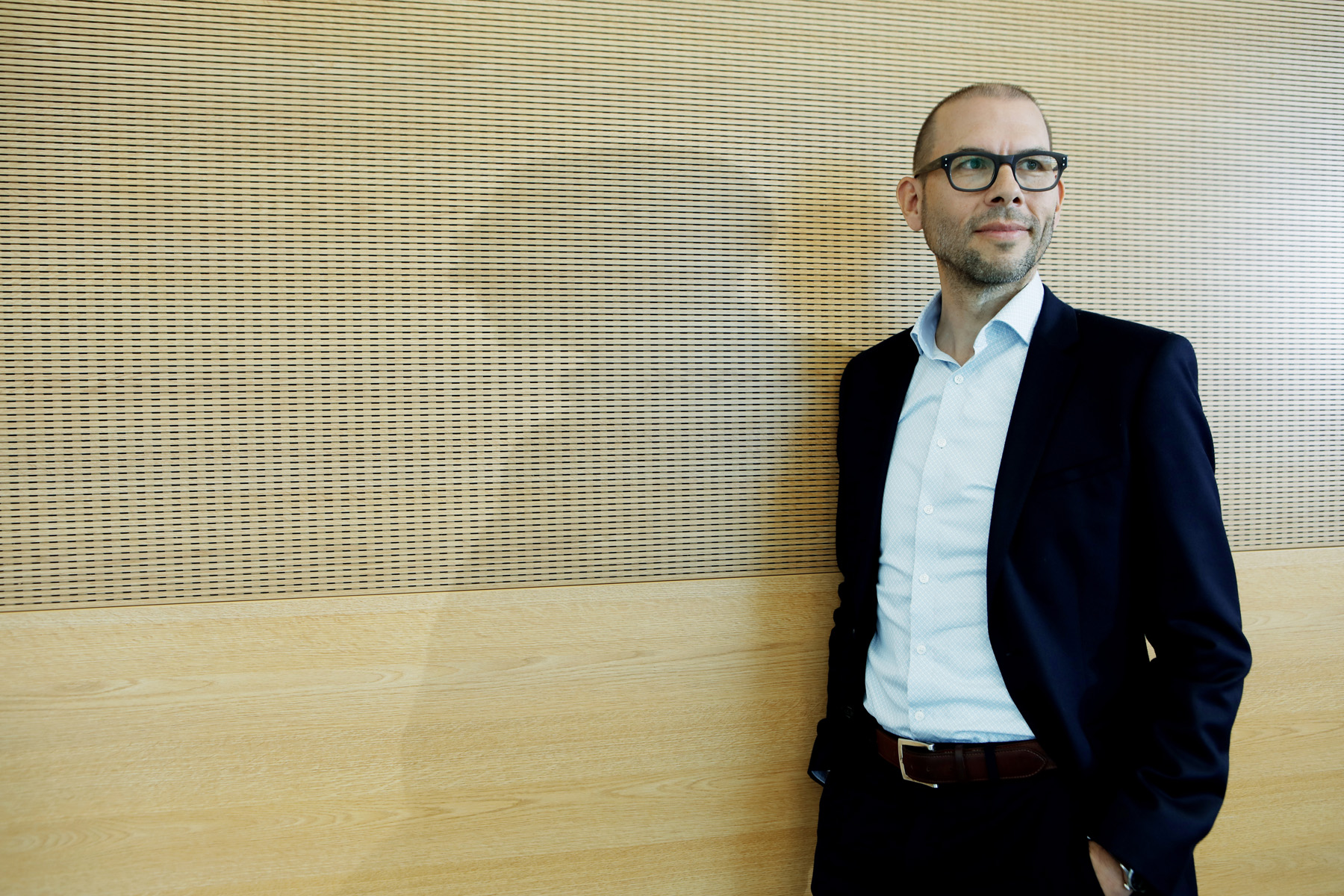
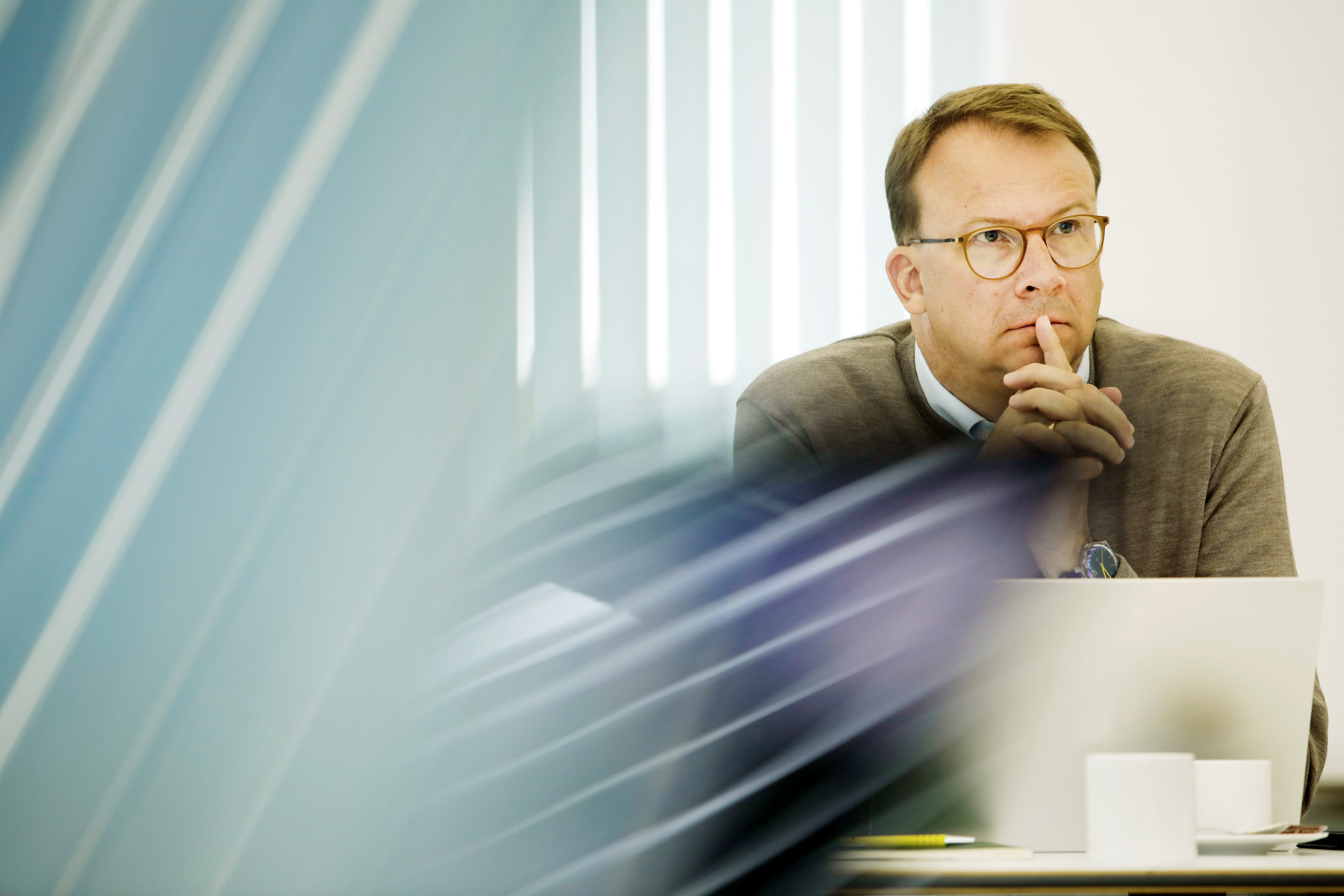
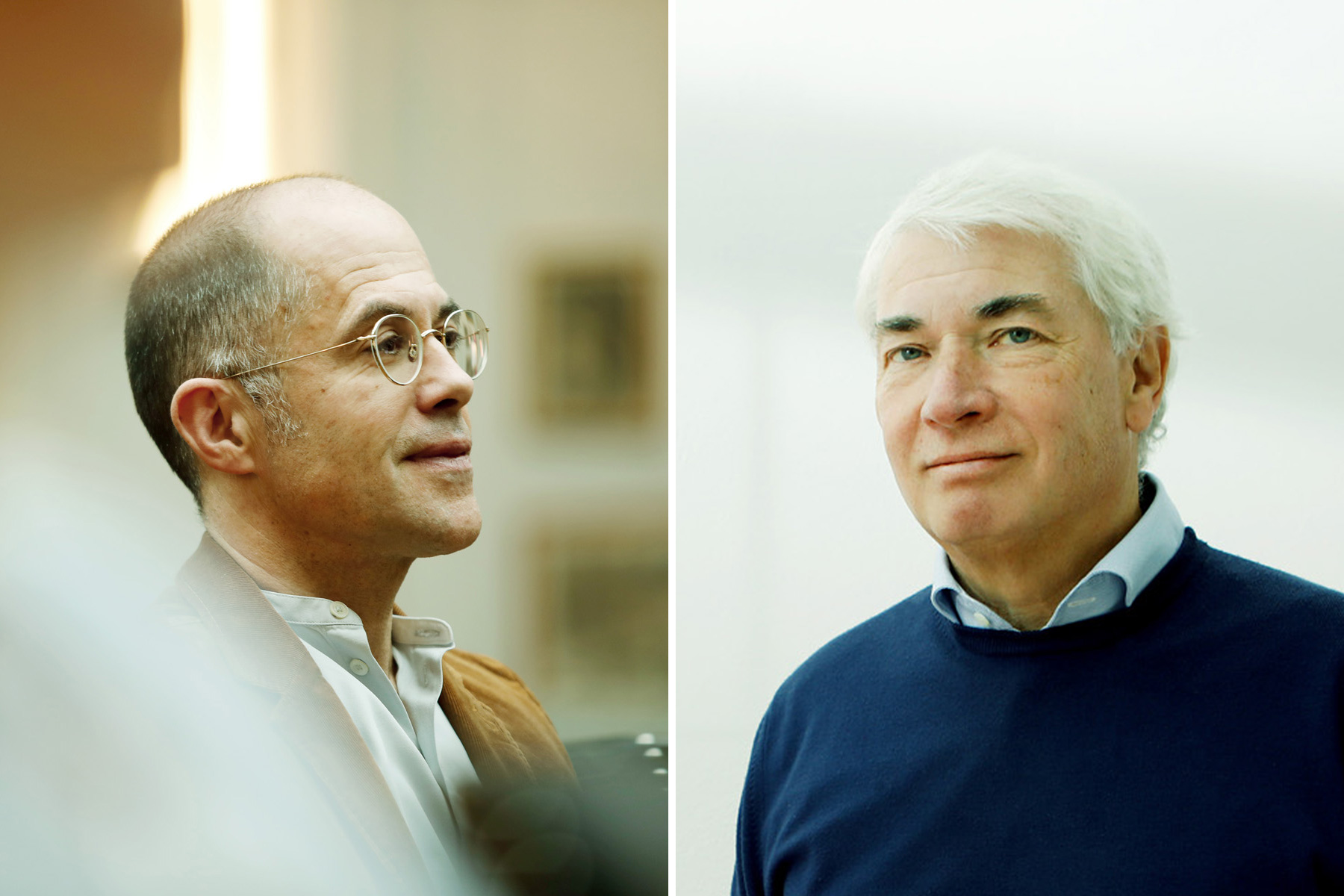




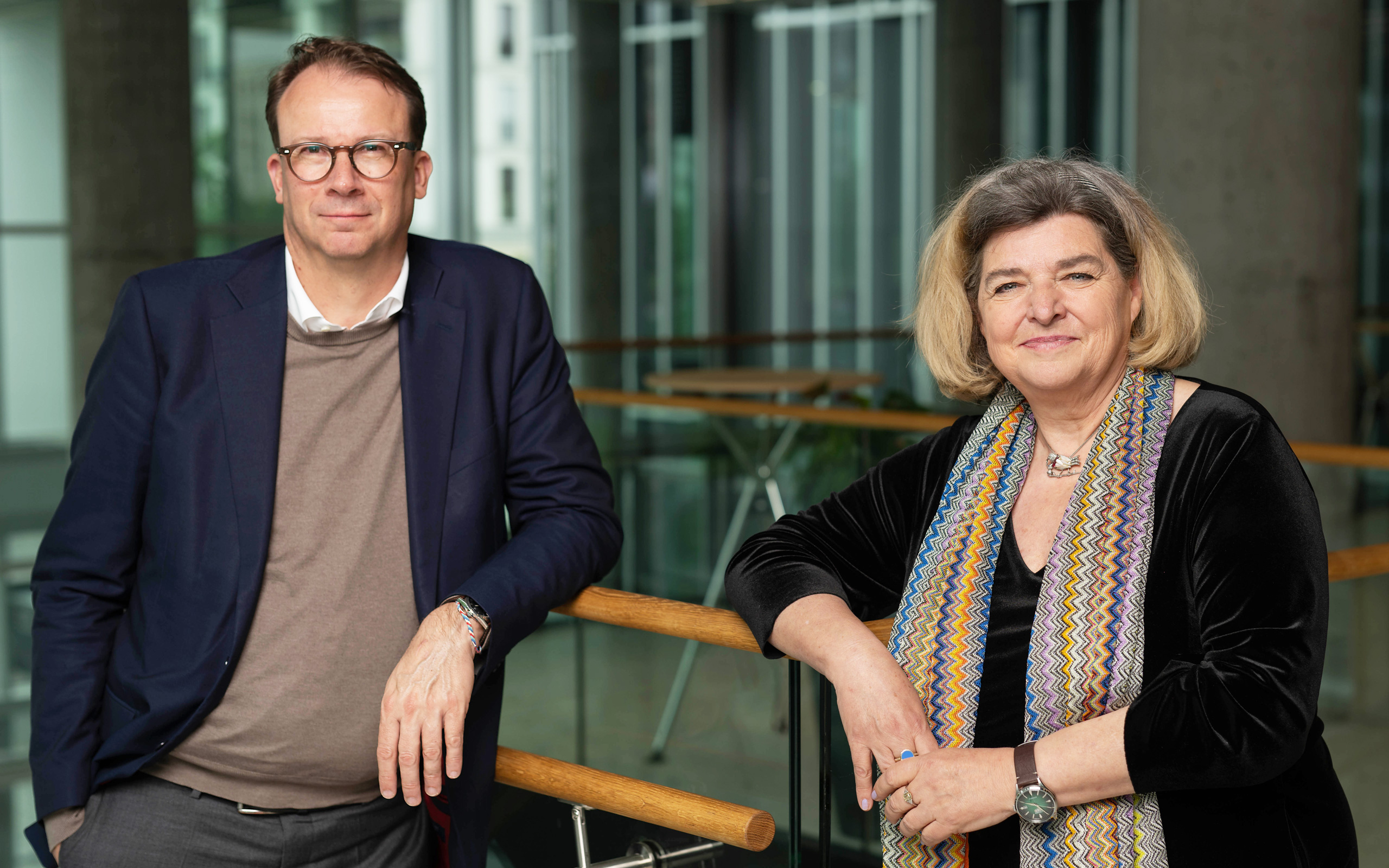
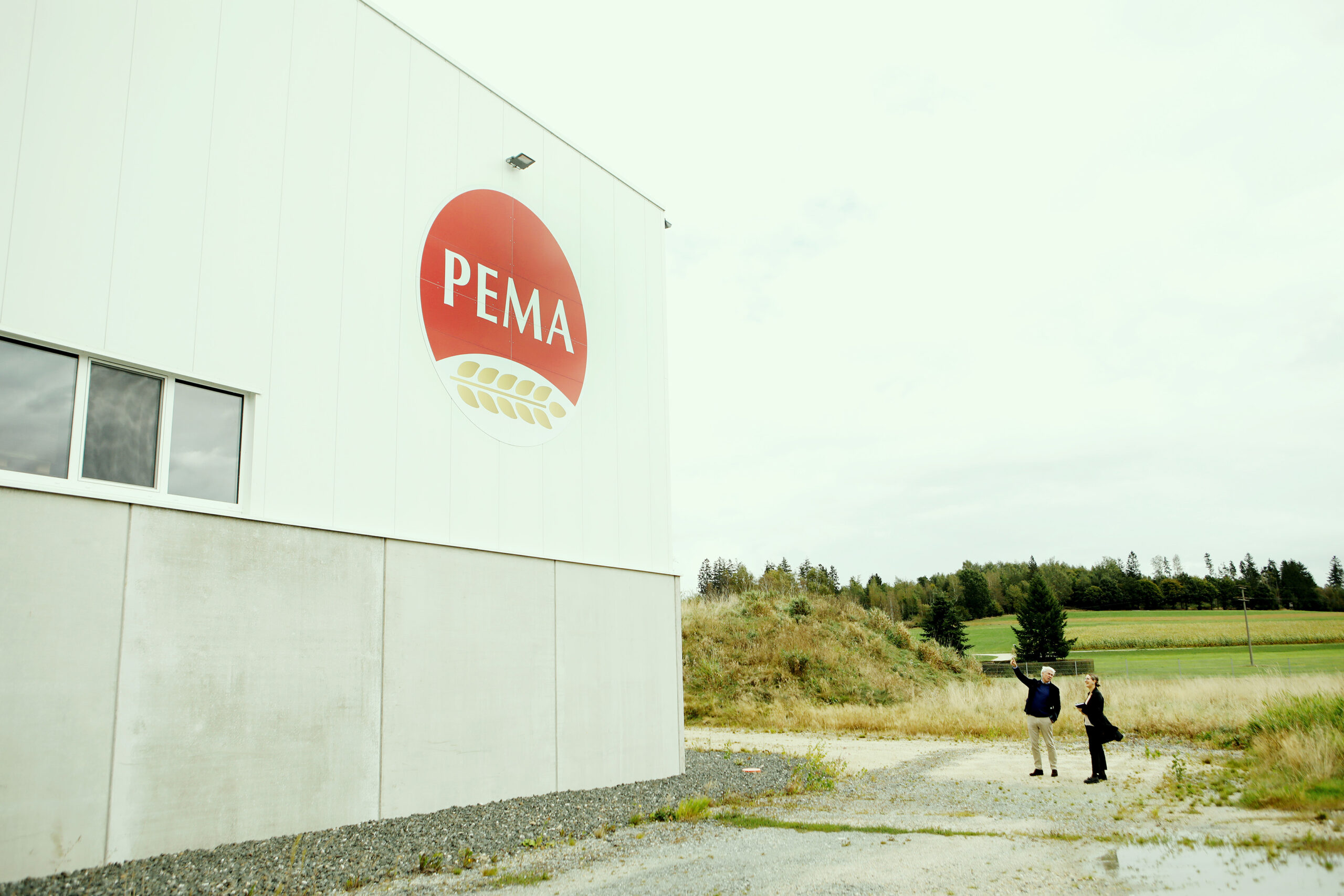



Share article